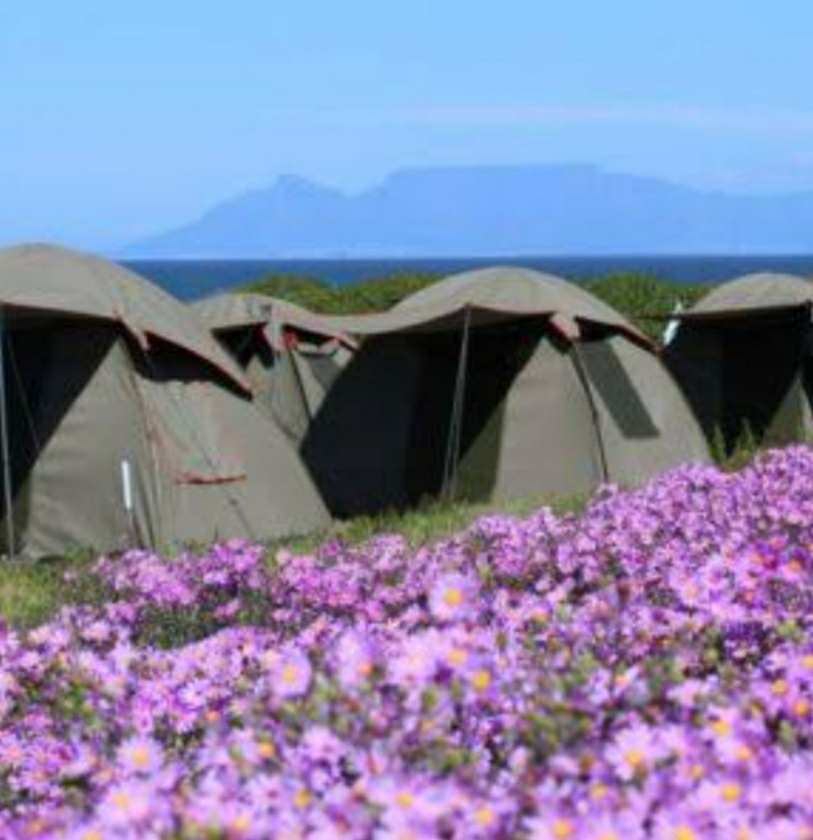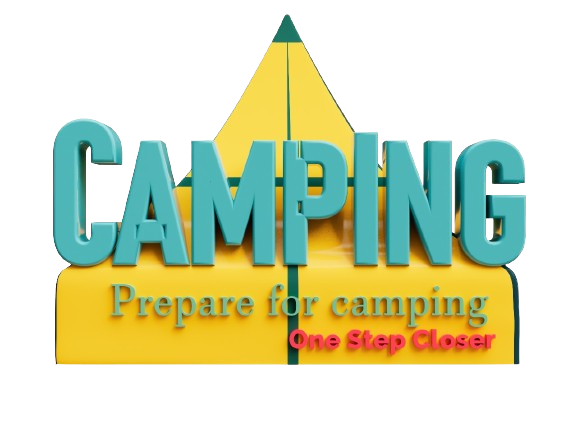Introduction
Environmental Education Camping: Bringing Learning and Nature Together
In today’s modern world, where children and adults are becoming increasingly disconnected from nature, it is important to create opportunities for environmental education and experiential learning. One such opportunity is through environmental education camping, a powerful way to immerse individuals in nature while teaching them about the environment and promoting environmental conservation.
The Benefits of Environmental Education Camping
Environmental Education And Awarness Campaign

Connecting with Nature: Environmental education camping provides individuals with the chance to experience firsthand the beauty and wonders of nature. Through activities like hiking, wildlife spotting, and stargazing, participants develop a deeper connection with the natural world and gain a new appreciation for its value and fragility.
Hands-on Learning: Unlike traditional classroom settings, environmental education camping encourages hands-on learning. Participants engage in interactive activities such as outdoor experiments, nature walks, and workshops led by experts. This approach allows for a deeper understanding of ecological concepts and fosters a love for learning.
Building Environmental Awareness: Environmental education camping raises awareness about pressing environmental issues, such as climate change, habitat destruction, and pollution. By exposing participants to these challenges and their potential solutions, it encourages them to become proactive environmental stewards, driving positive change in their communities.
Cultivating Life Skills: Environmental education camping fosters the development of essential life skills such as problem-solving, teamwork, and resilience. Participants actively engage in activities that require critical thinking, cooperation, and adaptability. These skills are transferable to various aspects of their lives.
Promoting Health and Wellness: Spending time in nature has numerous proven benefits for mental and physical well-being. Environmental education camping provides participants with an opportunity to unplug from technology, de-stress, and recharge in a natural environment. It can also enhance physical fitness through activities like hiking, canoeing, and outdoor games.
Planning an Environmental Education Camping Trip

Choose a Suitable Location: Select a campsite that offers diverse ecosystems, such as forests, wetlands, or coastlines. The location should provide opportunities for wildlife observation, nature trails, and interactive learning experiences.
Develop an Engaging Curriculum: Create a curriculum that combines hands-on activities, workshops, and games. Include topics such as biodiversity, ecological processes, sustainable practices, and conservation strategies. Ensure the activities are age-appropriate and cater to different learning styles.
Collaborate with Experts: Connect with local environmental organizations, scientists, or naturalists who can provide expert guidance, lead workshops, and share their knowledge with participants. Their presence will enhance the learning experience and add credibility.
Encourage Reflection and Action: Provide time for participants to reflect on their experiences and discuss the environmental issues they have encountered. Encourage them to develop action plans for spreading awareness and implementing sustainable practices in their daily lives.
Ensure Safety: Prioritize the safety of participants by providing trained staff, sufficient first aid supplies, and adhering to safety guidelines during outdoor activities. Conduct thorough risk assessments and have appropriate emergency procedures in place.
Conclusion
Environmental Education Camping offers a unique and effective approach to connect individuals with nature, promote environmental awareness, and foster a sense of responsibility towards the environment. By immersing participants in the natural world and providing engaging learning experiences, we can inspire the next generation of environmental leaders who will strive to protect and conserve our planet.
FAQ
1) Is Camping Good For Environment?
-Camping involves living with fewer resources and can lead to a more sustainable lifestyle and reduce individual carbon footprints.
2) What Is The Concept Of Environment Education?
-Environmental education (EE) refers to organized efforts to teach how natural environments function, and particularly, how human beings can manage behavior and ecosystems to live sustainably.
3) What Is The Need Of Environment Education?
-Environmental education helps students to develop a sense of responsibility towards the environment.
4) Why Is Eco-friendly Camping Environment?
-By adopting eco-friendly practices, campers can ensure that future generations can enjoy the beauty of nature such as choosing sustainable gear, planning, and practicing responsible waste management .

